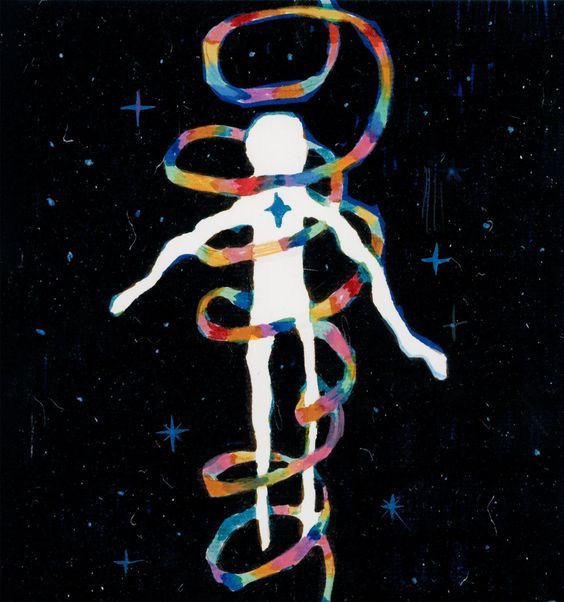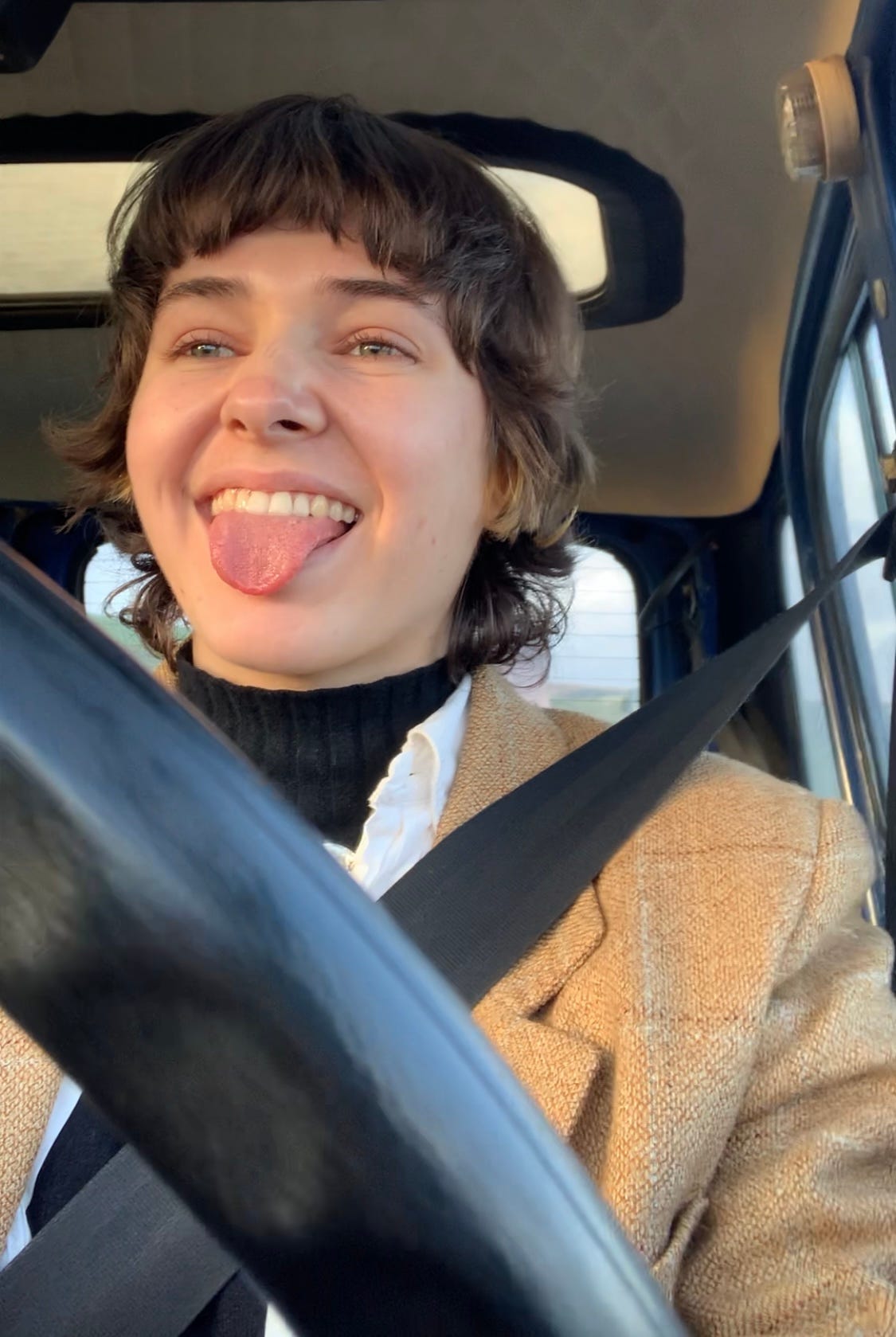Should we let kids do whatever they want at school?
I recently visited an alternative school… And I didn’t like it.
I never thought that freedom could be harmful to kids.
That is, I never thought that until I visited an alternative school two weeks ago in Paris. I was both disappointed and full of questions about what I’d witnessed.
The school, inspired by the Sudbury model, bases its main pedagogy on democratic values: considering the kids equal to every other member of the school, and letting them use their time exactly as they like.
To me, who always was very autonomous as a child, it sounded exciting! I was very happy and looking forward to discovering it.
But whether it’s the model, the school in particular, or the personality of the kids I met, the question that stuck with me after the visit was: should we really let kids do WHATEVER they want?
Because it didn’t seem to work.
As I was shaping an opinion on my experience, I also questioned myself and my legitimacy to criticize what I saw. After all… I don’t have kids. After all… I might be too conditioned by my experiences to open myself to such a radically different way of educating children.
So here are some humble words on my experience, hoping they’ll give you some good questions to reflect on!
Is freedom always a good idea?
There’s an ideal where we let children be free to do what they want, and they decide to study what they love, or eventually what will serve them in the professional world. We assume that goal is to unfold the child’s nature and potential.
Now, if true, what would it take for that to happen? Do we just have to provide a room, put kids inside of it with, say, a few computers, and tell them “you are autonomous” - expecting them to build themselves a satisfying education?
What I noticed in the school I visited is a few kids who were benefiting from that gained autonomy by working on real projects. And a majority that were either scrolling on their phones or playing tag for the whole afternoon.
I think it’s great that kids learn to be masters of their time, including if that sometimes means phone binging or playing and shouting at each other! But everyday? For the whole afternoon???
Whether it was because there weren't any activities being organized that looked irresistible, or because they were used to showing high status in their previous public school with a performative “I don’t care about anything” attitude… It seemed that they were still passing by their potential here.
For me, it raised a great internal philosophical debate; I’m not into forcing kids to do things adults think are good for them. Where’s the balance then…?
Can we build a school that gives a lot of agency to the kids while creating an environment and/or having adults that stimulates them to try new things, build projects…?

I found many other problematic things in the school:
In theory, the school is composed of many rooms with different purposes, like a “work in silence” room or a “play games” room… But in fact, every room has been hijacked and turned into a playground by the loudest kids. There’s not one space in the whole school where you don’t hear kids screaming. Two hours there for me felt exhausting.
Recently, the French state changed the law to force alternative schools to follow a basic common curriculum. I thought that the school in question would find a way to teach the kids in a way that’s appealing and fun. Instead (I didn’t witness it, this is what I was told by a student), they teach them the curriculum in the same
-boring- way as a public school would.
There’s a missed opportunity here. I found the team in charge of the school great and I hope that this article will help them to improve. I’m also aware of the difficulty of the mission in itself. For you, readers, I hope it gives an opportunity to reflect on important questions while building the future of our education system.
I am so curious to know what you think about it, please, let me know in the comments or on Twitter: are you in favor of radical freedom for kids? Do you think structure is important for the child’s best development?
Thanks for reading,
Zelda
Share this with a person who likes philosophical debate ;)
Subscribe for more insights on Social-Emotional Learning, the Future of Education & the people building it:
If you follow me on Twitter, you might know that I’ve been driving the French old car of my grandma in the countryside and eating a lot of baguette & cheese. This wasn’t for too long though, as I’m heading to Mexico by the end of the week! Hurrah!




I do believe structure is important, but having structure doesn't mean having no play. All games have structure. Each game has its own rules and that's what makes the game unique. The freedom comes from us getting to choose the game that we think is the most fun, stimulating and rewarding to play. I believe education should be like that.
Great read, thank you! Coming from Anthropology, I say we need to reframe what 'democracy' looks like for youth in educational settings. It's ageist (and very typically Western) to devalue the knowledge, skills, and guidance that a society's elders (aka adults) offer. Just as it's neotenizing to have children socializing themselves without adult models, so too is it neotenizing to have them self- and peer-educate (exclusively). In short, when coming of age we are designed to model, to apprentice, to practice the skills our culture has made valuable and meaningful for us. Who are we designed to model? Elders, masters, aunties, uncles, adult kin and non-kin with skills to teach. (Psychology sees this as rejection-based and would call this phase 'individuation', because Westerners fully 'leave the nest' of their families and local kin/cultural networks, but this is a fairly modern and primarily Western phenomena.) In other cultures, and traditionally, your tribe invests in you and in turn you grow to have the knowledge and skills to reinvest in your tribe. We were designed to learn from knowledgeable others and elders - everything from our first words to how to perform cultural rites to how to navigate the stars. We needed to know certain things, and certain contributions were expected of us. I'm wary of any educational ethos that devalues the knowledge and experience of elders/adults, or devalues the role of elders/adults having expectations of particular skill building and contribution. I get the critique of post-industrial, conformist, authoritarian models of education. But the pendulum going the other way is viewing adult input in education as 'corrupting' or 'polluting' or 'coercive', borrowing from a misguided Rousseauian model of human nature that's excessively - and I'd argue dehumanizingly - individualistic. As with parenting models, there's a sweet spot between authoritarian and permissive - it's 'authoritative' - and it sounds like the model you're describing was highly permissive. What's missing is a knowledge- and skill- apprenticeship model that pairs maturity with immaturity, with all the messy pedagogical considerations that may entail. Mutual respect seems key. Gordon Neufeld's models for the not 'equal' but mutually respectful attachment modes of parent and child come to mind. My favorite analogy for socialization applies here: How do you best ripen a green banana (most deliciously and expeditiously)? You pair it with an already-ripened one, and give them time to 'steep'.
Thank you for giving us something to think about here! I saw a documentary on a 'democratic' preschool once and some of the same questions came to mind, and over the years I've finally gathered my thoughts around that, so have enjoyed this mindwalk!